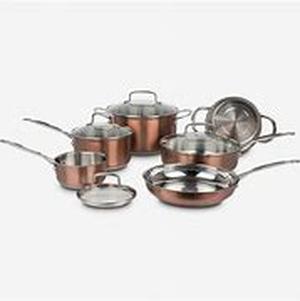
If, For Dietary Or Ethical Reasons, You Have Decided That You Want To Put Your Infant On A Vegetarian Diet, You Should Be Very Careful In Choosing Formulas And Solid Food For Your Child.If You Plan To Breastfeed The Infant And You Are Also A Vegetarian, You May Need To Supplement Breastmilk With Additional Sources Of Nutrition, Depending On Your Dietary Restrictions. If You Are A Vegan, Or An Ovo-vegetarian, You Should Add Sources Of Vitamin B-12 To Your Childs Diet.Other Than The B-12 Supplements, Your Infant Should Be Able To Receive All Micro And Macronutrients Through Breastfeeding, Even If You Are On A Strictly Vegan Diet.If You Plan To Use Formula Rather Than Breastmilk, You Should Stick To Commercial Formulas, Which Contain The Proper Amounts And Ratios Of Nutrients. If You Opt For A Homemade Formula Or Soymilk Over A Commercial Product, Your Child Could Experience Developmental Problems From A Lack Of Proper Nutrition.If You Want To Keep Your Infant On A Vegan Diet, You Can Select A Soy Commercial Formula, As Long As It Is Nutritionally-adequate.After About A Year, You Can Begin To Supplement Formula Or Breastmilk With Other Sources Of Nutrition, Such As Homemade Formulas, Soymilk, Yogurt, And Cows Milk (if You Are Not A Vegan).Nutritionists Suggest That You Keep Your Infant On A Full-fat, High Protein Diet After Age One, Which Includes Vegetarian-friendly Foods, Such As Mashed And Pureed Avocados, Soy Milk, Nutrient-fortified Tofu, And Yogurt.When You Are Ready To Switch Your Infant To Solid Vegetarian Foods, You Can Introduce Solid Tofu, Pieces Of Vegetarian Burgers, Eggs, And Cheese.If You Supplement What A Nonvegetarian Diet Lacks, Maintain A Full-fat Diet, And Increase Your Infants Sources Of Protein, You Should Have No Problem Maintaining A Healthful Vegetarian Diet During Your Childs Crucial Developmental Stages.





